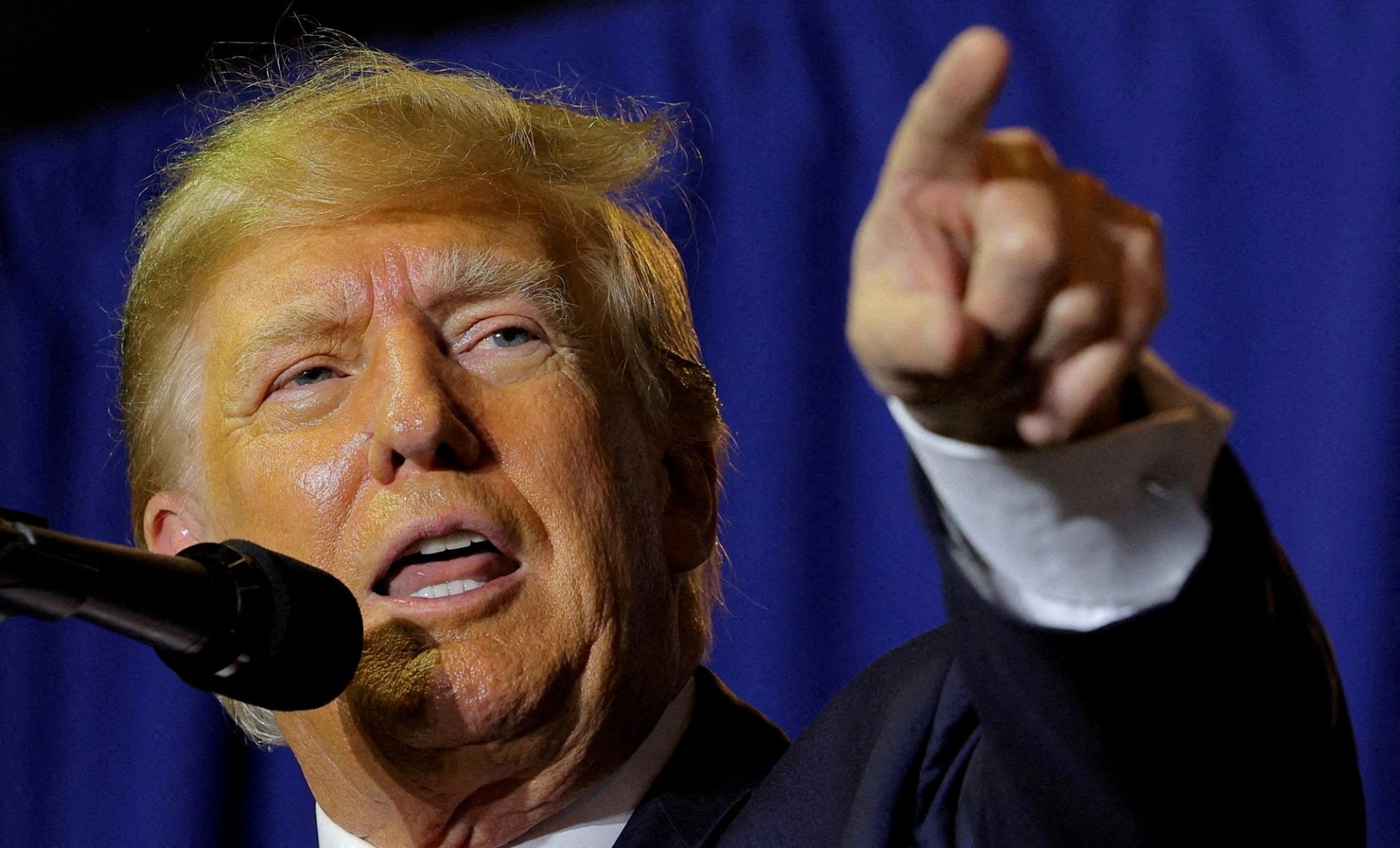The News
The indictment against former President Donald Trump and his aide Walt Nauta in relation to the classified documents probe has been unsealed.
The 37 counts against Trump include 31 counts of willful retention of national defense information.
The indictment details how Trump allegedly ordered his attorneys on multiple instances to conceal or destroy documents that had been requested by a grand jury subpoena.
Many of those documents contained information about things like weapons capabilities and military plans in response to a foreign attack, and some of these were unsafely stored in locations such as bathrooms and showers at Trump’s Mar-a-Lago club.
The indictment also details another incident where Trump showed a non-authorized person classified documents while acknowledging he shouldn’t be doing so.
In a press conference on Friday, Special Counsel Jack Smith who oversaw the investigation, told reporters that he would push for a “speedy trial.”
“The men and women of the United States intelligence community and our Armed Forces dedicate their lives to protecting our nation and its people,” Smith said. “Our laws that protect National Defense Information are critical to the safety and security of the United States, and they must be enforced. Violations of those laws put our country at risk.”
Trump told Politico that he would “never leave” and would remain in the race even if convicted, and he dismissed pardoning himself if re-elected, asserting his innocence.
Here are some of the indictment’s most critical allegations against Trump:
Know More
Classified documents in a bathroom
According to the indictment, boxes of documents were first kept at Mar-a-Lago’s White and Gold Ballroom for several months. Trump later asked that his “papers” be moved to a business center, but when that didn’t have enough space, some boxes were kept at one of the club’s bathroom and shower.
Showing documents to non-authorized people
The filing details two alleged incidents in 2021 where Trump revealed documents to those without security clearances at his Bedminster Club in New Jersey. During one audio-recorded meeting with a writer, publisher, and two of Trump’s staff members, Trump showed and described “a plan of attack” that he said was “highly confidential” and “secret.”
As previously reported by CNN, he told the group, “As president, I could have declassified it,” and “Now I can’t, you know, but this is still a secret.”
In a second incident, Trump allegedly showed a member of his political action committee a military operation map, telling the individual that he should not be showing the map to them and telling them to not get too close to the map.
Concealing boxes
When Trump’s attorneys informed him that a grand jury had subpoenaed the documents taken to Mar-a-Lago, Trump allegedly told them that he didn’t want “anybody looking through [his] boxes.”
“Wouldn’t it be better if we just told them we don’t have anything here?” he told his attorneys, per the indictment.
Trump later asked Nauta to move boxes from the storage room to his personal residence without informing his attorneys who had been ordered to search the storage room for any classified documents. Nauta later told authorities he had not moved any boxes before the attorney search.
In another incident, a former Trump attorney described how Trump made a “plucking motion” when discussing the files, which they said was implied as: “Why don’t you take them with you to your hotel room and if there’s anything really bad in there, like, you know, pluck it out.”
Spilled contents
In one 2021 incident detailed in the indictment, Nauta was moving boxes when he came across a box of materials which had been opened with its contents spilled onto the floor. Nauta allegedly took a photo of the scene and sent it to another employee with the photo showing a document labeled as “classified.”
Step Back
Trump is set to be arraigned in a Miami federal court on Tuesday.
Aileen Cannon, the judge overseeing his case, was appointed by Trump himself. She was randomly assigned to the case, a clerk for the court told the New York Times.
She faced criticism last year after she granted a Trump-request to appoint a special master who would review the seized documents before the Justice Department could continue its investigation.
That ruling was later overturned by a federal appeals court.
